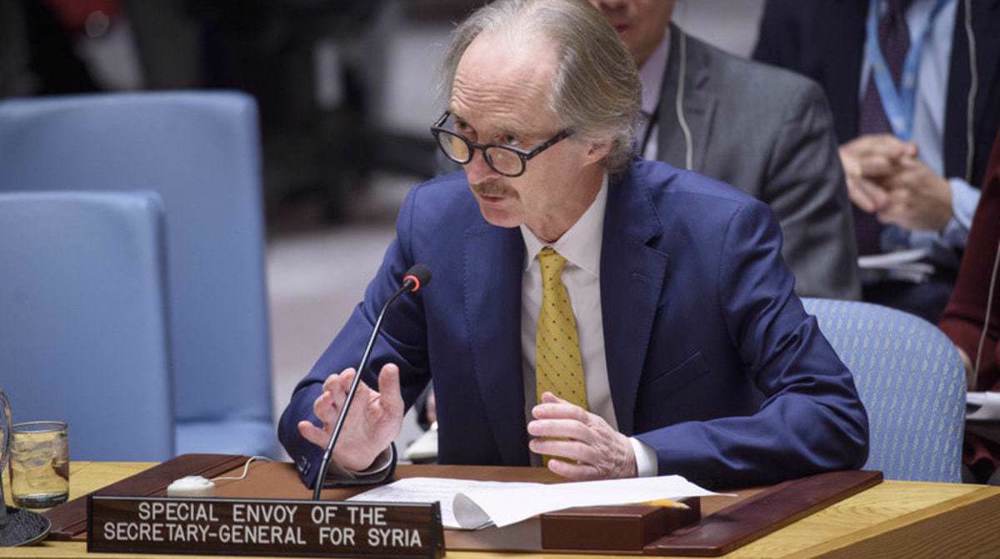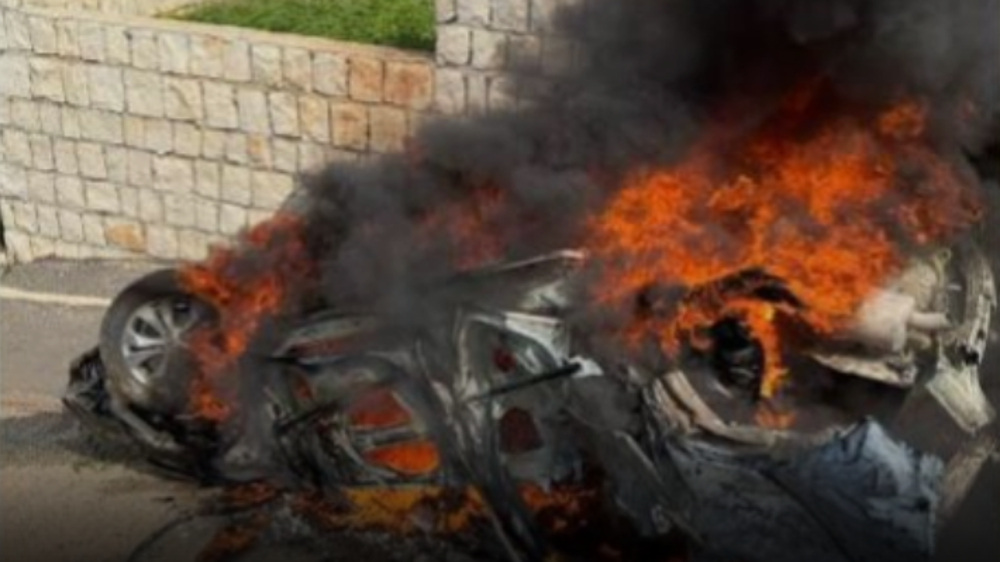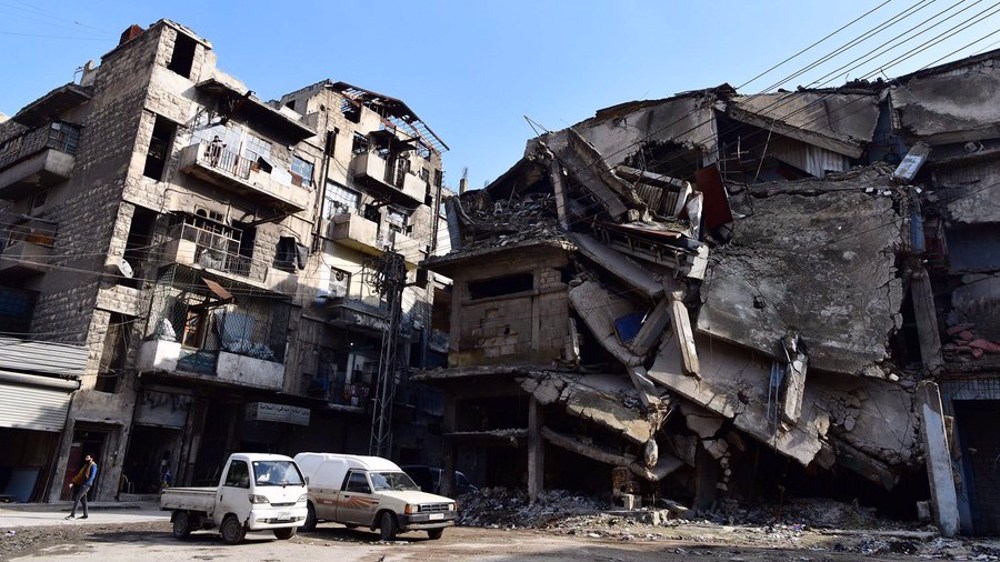Experts warn situation still not favorable for Syrians to return home amid Turkey’s repatriation push
While Turkey has announced plans for the repatriation of around one million Syrian refugees to their homeland, refugee experts warn that the present security conditions in the conflict-ridden Arab country are not conducive for the asylum seekers to rebuild their lives.
The warning was issued after Turkish President Recep Tayyip Erdogan said Turkey was building homes and public facilities in parts of Syria held by Turkish-backed militants to support the new plan of encouraging the "voluntary" returns of one million Syrian refugees.
Under the plan, the Turkish government would seek to accommodate the Syrians in 100,000 houses in the militant-held northern Syria province of Idlib.
Making the remarks in a video message on Tuesday, Erdogan claimed that some 500,000 Syrians have already returned to "safe regions" in their home country in recent years.
"There are still clashes in certain parts of north Syria, and it is not favorable for the Syrians to return at this point," Metin Corabatir, an expert on refugee issues, warned in an interview with China's official news agency Xinhua.
Experts also said anti-refugee sentiment is high in Turkey, which currently hosts 3.7 million Syrian refugees and 1.7 million other foreign nationals.
Turkey is also in the grip of an economic crisis as consumer prices accelerated to an annual rate of almost 70 percent in April, the highest in over two decades.
"Since the start of Turkey's economic hardships in 2018 there is an intensifying opposition to Syrians, people believe that we are robbing them of their jobs and wealth," Wahid, a 34-year-old Syrian refugee who did not want his surname to be divulged, told Xinhua.
Underlining that none of his close family was taking steps to return to Syria, Wahid said he wanted to return but could not see a safe future for his family in his homeland.
Syria has been gripped by foreign-sponsored militancy since 2011.
Moreover, Turkey has been conducting an incursion against neighboring Syria’s northern parts since 2016 under the pretext of fighting back against Kurdish militants known as the People’s Protection Units (YPG). Ankara associates the YPG with the militants of Kurdistan Workers' Party (PKK).
So far, it has deployed thousands of troops in the areas, in what Damascus has decried as, outright violation of its sovereignty.
Turkey, along with the European Union and the United States, has declared the PKK a terrorist group and banned it. The militant group has been seeking an autonomous Kurdish region since 1984.
More than 40,000 people have been killed during the three-decade conflict between Turkey and the autonomy-seeking militant group.
US ambassador to UN postpones visit to Syria-Turkey border
The US mission to the United Nations said on Saturday that Linda Thomas-Greenfield, the US ambassador to the international body, postponed a planned visit to the Syria-Turkey border to meet with Syrian refugees and the humanitarian organizations supporting them.
Thomas-Greenfield was also supposed to visit the Bab al-Hawa border crossing, which is the only crossing from Turkey into Syria that allows humanitarian assistance to be delivered.
The US mission, however, said that the ambassador would travel to Brussels, Belgium, next week for a European Union conference on the future of Syria.

UN envoy warns Israel against ‘unacceptable’ military escalation in Syria

Israeli strike kills one in southern Lebanon: State media

Israeli strikes hit Syria’s air defense battalion near Tartus port city
Hundreds of factories closed in Syria under HTS rule: Report
VIDEO | Israel’s plan for West Bank
VIDEO | Palestine’s status to Nasrallah
Bahrain detains activist for posts critical of kingdom's policies
Trump threatens to deport, arrest pro-Palestine students for protests
VIDEO | EU leaders scramble to address Trump's trade war threat
VIDEO | Press TV's news headlines
VIDEO | Belgian journalist lambastes Israeli aggression against Palestinians







 This makes it easy to access the Press TV website
This makes it easy to access the Press TV website